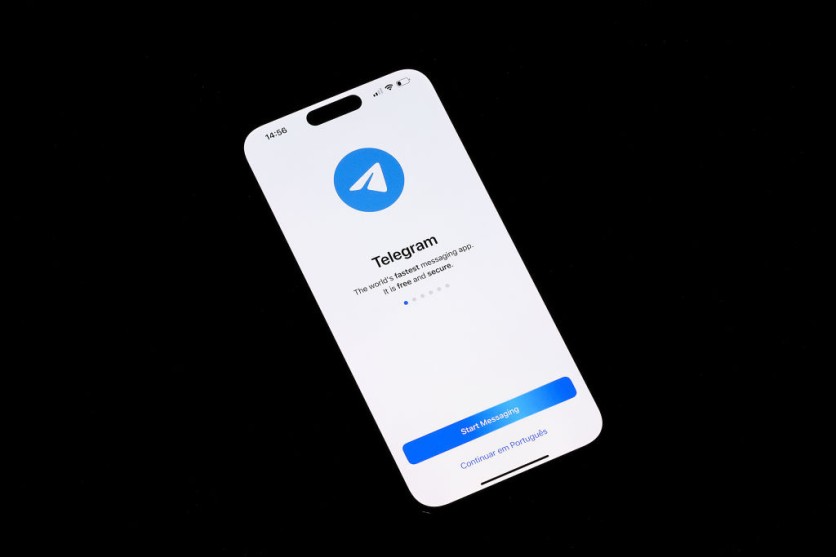After imposing a temporary suspension earlier this week for its non-compliance in data demand regarding extremist and neo-nazi chat groups on the platform, a federal appeals court lifted the country-wide ban against Telegram.

Lifting Nationwide Ban
Brazil has lifted the temporary suspension of the encrypted application Telegram over its non-compliance with a court order from the authorities. Engadget reported Brazil's Federal Regional Court of the 2nd Region Judge Flavio Lucas believed that a complete suspension is unreasonable to do so.
He stated that if this happened, the freedom of communication would be affected for thousands of people who are unrelated to the ongoing investigation between the platform and the Brazilian court. The original ban came after a federal court instructed both Apple and Google to remove the platfrom from local app stores.
While all of the mentioned details are good news for the platform, Reuters reported that the judge also upheld the daily fine of $200,000 for failing to provide authorities with requested data. Telegram failed to provide a full set of data on a pair of neo-Nazi groups on the app, accusing them of inciting violence against school attacks and shootings.
In response to this, Telegram stated that it brands itself as a messaging platfrom focused on speed and privacy, saying that its special secret chat groups used end-to-end encryption that is not stored on its servers. The platform only complied partially by sending limited information, hence why the authorities sought to implement a nationwide ban.
Federal Judge Wellington Lopes da Silva is the judge who ordered the suspension in a court in Espirito Santo state. He believed that the encrypted chat groups that wax explained by Telegram as unacceptable. The judge wrote, "It is evident that Telegram has the intention not to cooperate with the investigation that is underway."
Read also: ChatGPT: Hackers Bypass OpenAI Restrictions to Create Malware, Improve Codes via Telegram Bot
Inciting Violence
The Brazilian court's effort to ban the platform came after a wave of school attacks in the country, including one in November in which a man with a swastika pinned to his vest attacked, shot, and killed four people in Aracruz, Espirito Santo.
According to previous reports, Brazil experienced almost two dozen attacks in schools since 2020 and half of that only happened in the last 12 months. Because of this, the government of Brazil strived for these attacks to come to an end by focusing on the influence of social media.
It was also believed by the court that these groups also helped to increase the alleged fake news and hate speech only towards the administration of President Luiz Inacio Lula da Silva.
Earlier this month, the president, along with his ministers, Supreme Court justices, governors, and mayors implemented regulations on social media to prevent further incidents. This includes platforms that failed to remove content promoting violence that may influence other people.

![Apple Watch Series 10 [GPS 42mm]](https://d.techtimes.com/en/full/453899/apple-watch-series-10-gps-42mm.jpg?w=184&h=103&f=9fb3c2ea2db928c663d1d2eadbcb3e52)



